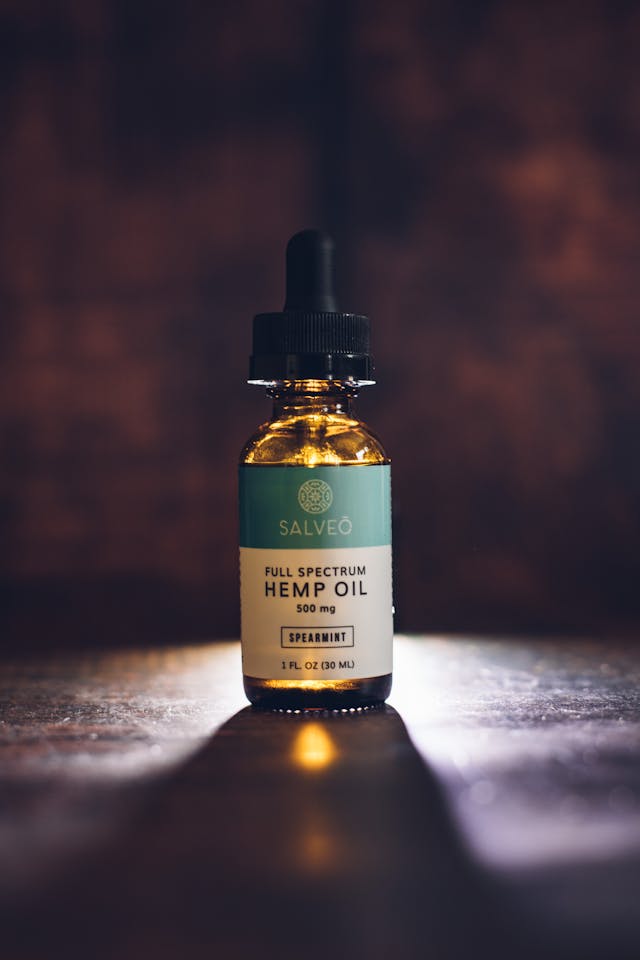Name Your Wellness Brand: 30 Holistic & Mindful AI-Generated Ideas for Your Startup
Your guide for Name Your Wellness Brand: 30 Holistic & Mindful Names Generated by AI.

In an era where personal well-being is no longer a luxury but a necessity, the global wellness market has surged past a staggering $4.4 trillion valuation, projected to reach $7 trillion by 2025. This explosion of interest in holistic health, mindfulness, and clean living presents an unparalleled opportunity for entrepreneurs. Yet, in this vibrant and increasingly crowded landscape, one element stands paramount to your brand's success: its name. A compelling name isn't just a label; it's the heartbeat of your identity, a silent ambassador, and a powerful predictor of your market resonance.
Imagine a world where your brand instantly evokes trust, serenity, and efficacy. This guide isn't just about picking a name; it's about crafting an identity that resonates deeply with your target audience, stands out from the competition, and positions you for sustained growth in the wellness sphere. We'll delve into the psychology, strategy, and practical steps of naming, augmented by cutting-edge AI insights. By the end, you'll be equipped with the knowledge, tools, and inspiration to select a name that doesn't just exist, but truly flourishes.
Ready to find a name that embodies your wellness vision? Create your own breakthrough name.
The Psychology Behind Successful Names
A name is often the first, and sometimes the only, interaction a potential customer has with your brand. Its psychological impact is profound, influencing perception, recall, and ultimately, purchase decisions. Understanding these principles is crucial for crafting a name that connects.
Cognitive Fluency & Processing
Cognitive fluency refers to the ease with which information is processed. A name that is easy to pronounce and remember generally leads to higher positive evaluations. Research indicates that companies with names that are easier to say and remember tend to perform better in stock market initial public offerings (IPOs).
- Simplicity: Shorter, simpler names reduce cognitive load, making them easier to recall and less prone to misinterpretation.
- Pronounceability: Names that are easy to pronounce foster a sense of familiarity and trust. If a customer struggles to say your name, they're less likely to recommend it.
- Memorability: Distinctive sounds, unique rhythms, or evocative imagery can make a name stick in the mind.
Brandability & Emotional Resonance
Beyond mere recall, a powerful name is brandable – meaning it lends itself well to visual identity, storytelling, and emotional connection. In the wellness sector, where emotional well-being is central, this resonance is paramount.
- Emotional Connection: Does the name evoke feelings of calm, healing, vitality, or peace? Names like 'Calm' (meditation app) or 'Headspace' immediately suggest their core benefit.
- Imagery & Storytelling: A good name can paint a picture, allowing for richer branding narratives. Consider 'Seed' (probiotics) – it suggests growth, naturalness, and potential.
- Differentiation: In a crowded market, your name must stand out. It should be unique enough to avoid confusion with competitors while still conveying your essence.
Here's a look at how key psychological attributes correlate with brand performance (illustrative data):
| Psychological Trait | Impact on Recall (%) | Impact on Brand Trust (%) | Preferred by Consumers (%) |
|---|---|---|---|
| High Fluency | 85% | 78% | 92% |
| Evocative Imagery | 70% | 65% | 80% |
| Uniqueness | 60% | 55% | 75% |
| Emotional Appeal | 75% | 82% | 90% |
Proven Naming Strategies
Successful brands don't pick names at random. They employ specific strategies to craft identities that resonate. Here are some of the most effective, with examples from the wellness and broader market:
1. Descriptive Names
Directly state what your business does or offers. They are clear and leave no room for ambiguity.
- Pros: Easy to understand, good for SEO (if keywords are included).
- Cons: Can be generic, hard to trademark, less unique.
- Wellness Examples: Pure Barre, Yoga Works, Whole Foods Market (broader healthy living).
2. Suggestive (Evocative) Names
Hint at the benefits or experience without explicitly stating the service. They use metaphor, imagery, or abstract concepts.
- Pros: Memorable, emotionally resonant, strong brand story potential.
- Cons: Requires more marketing to establish meaning, can be too abstract.
- Wellness Examples: Headspace (suggests mental clarity), Peloton (suggests group momentum), SoulCycle (suggests spiritual and physical exercise).
3. Invented (Coinage) Names
Completely new words with no prior meaning. These are the most distinctive and easiest to trademark.
- Pros: Highly unique, easy to trademark and obtain domains, flexible for future expansion.
- Cons: Requires significant marketing spend to build recognition and meaning, can be hard to remember or pronounce.
- Wellness Examples: Fitbit, Lululemon (unique, but also a bit evocative), Koru (from Māori, symbolizing new life and growth - borrowed but unique in English context).
4. Experiential Names
Focus on the feeling or transformation customers will experience.
- Pros: Connects directly with customer aspirations, highly emotional.
- Cons: Can be abstract, might not directly convey service.
- Wellness Examples: Calm, Noom (suggests
Related Posts



